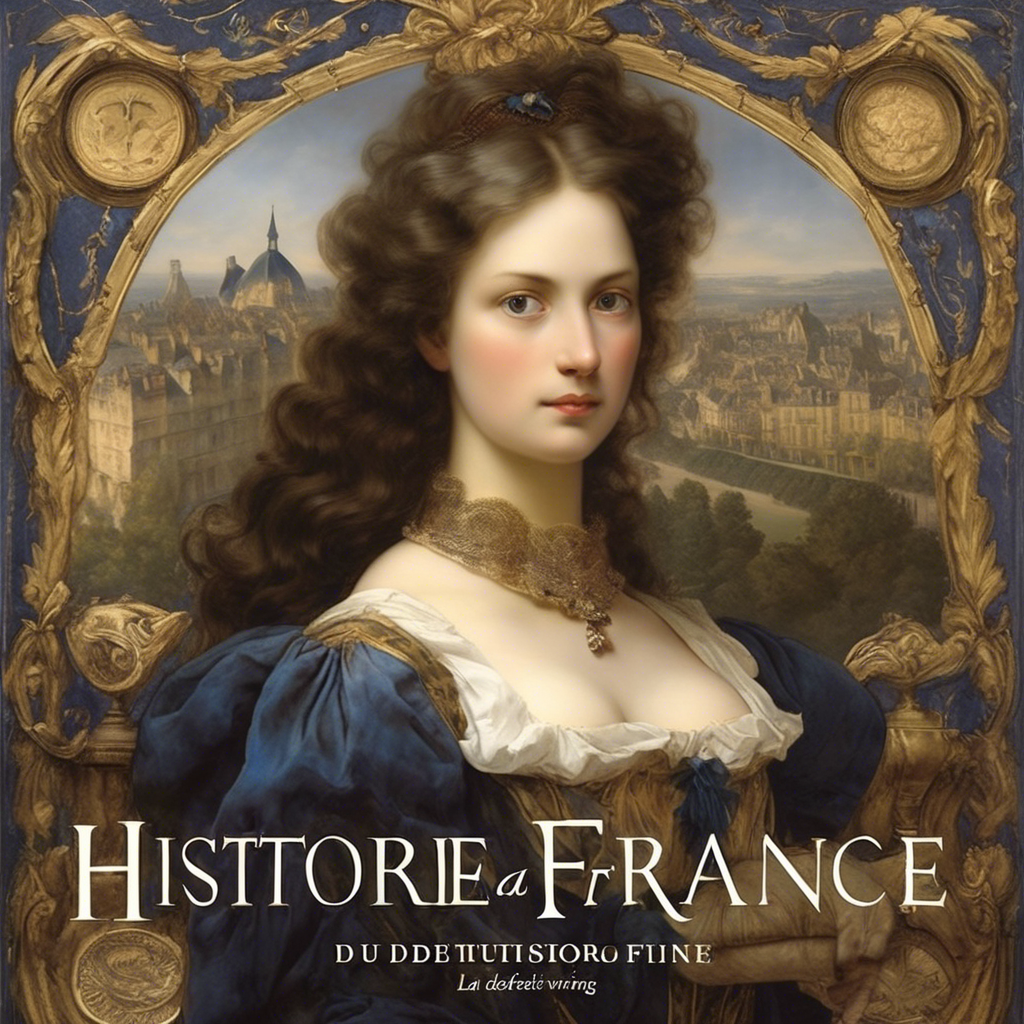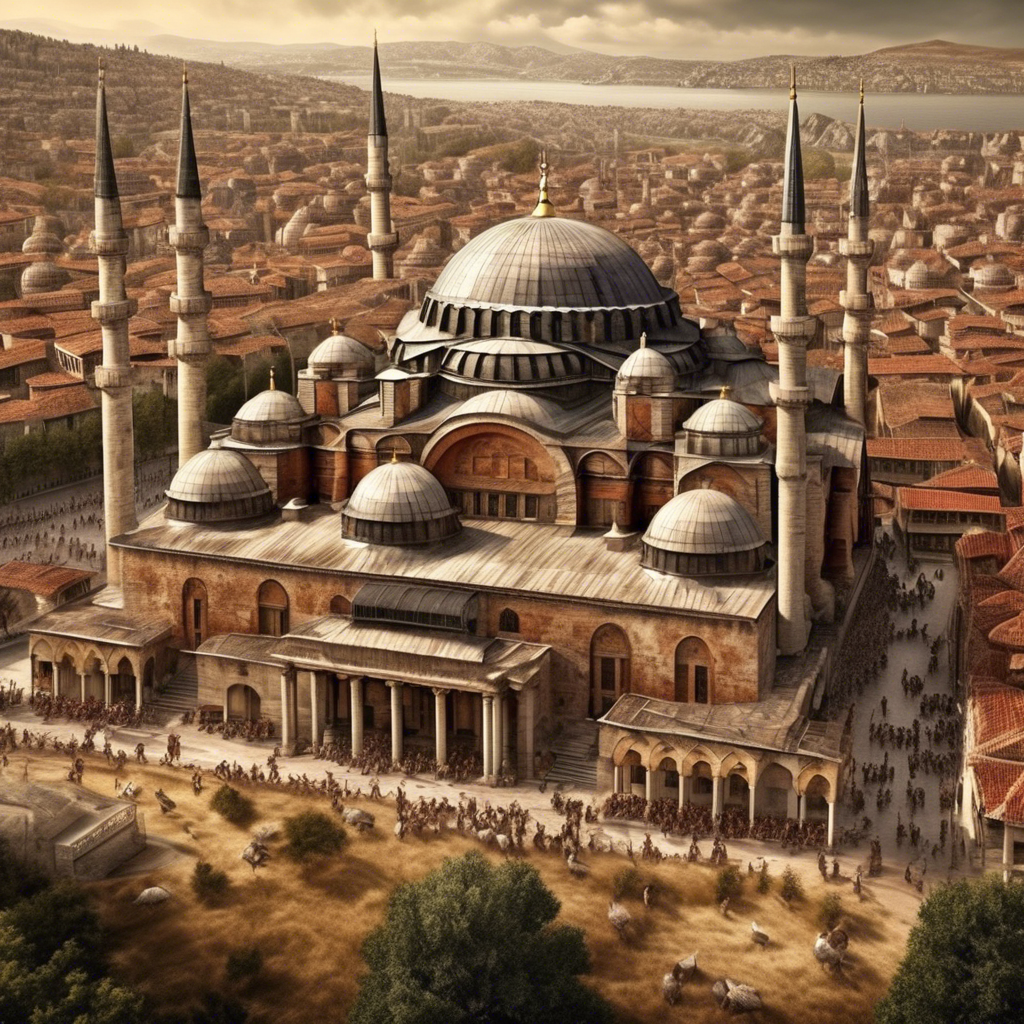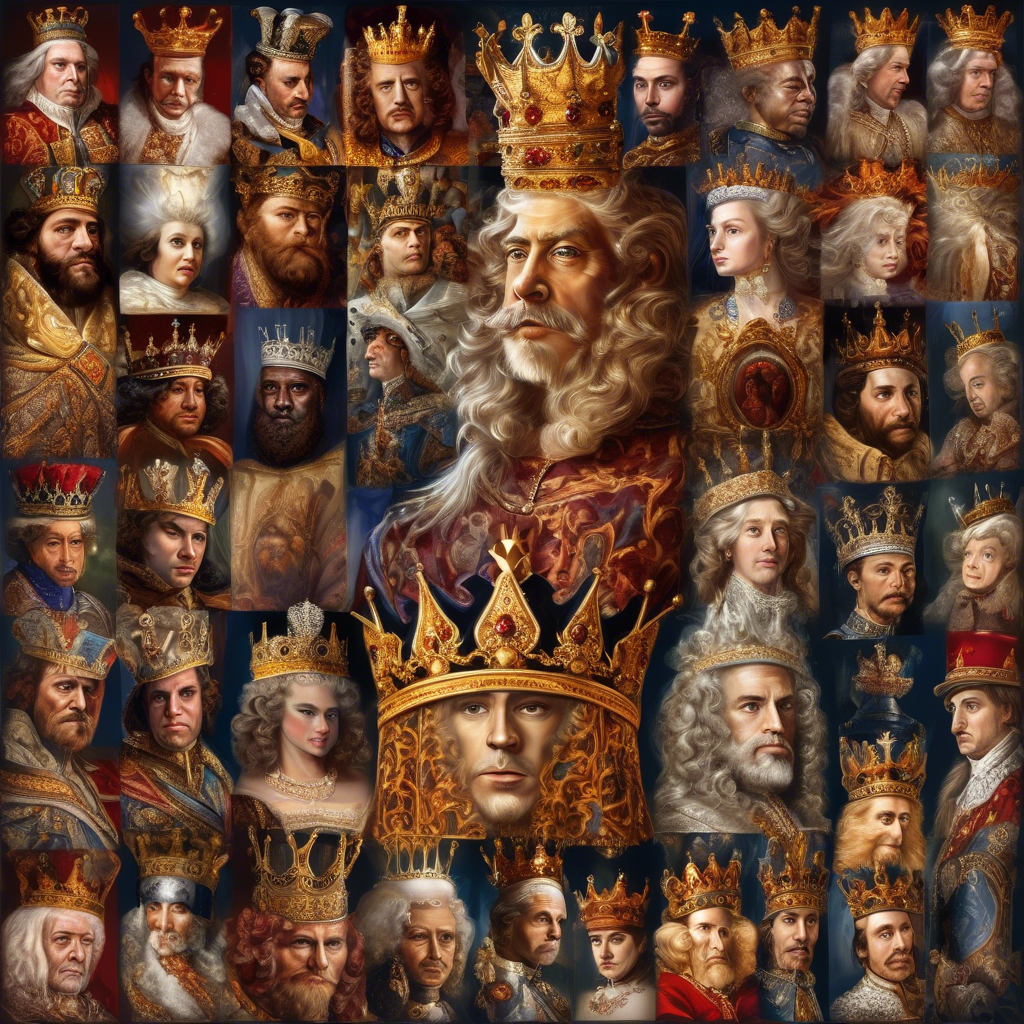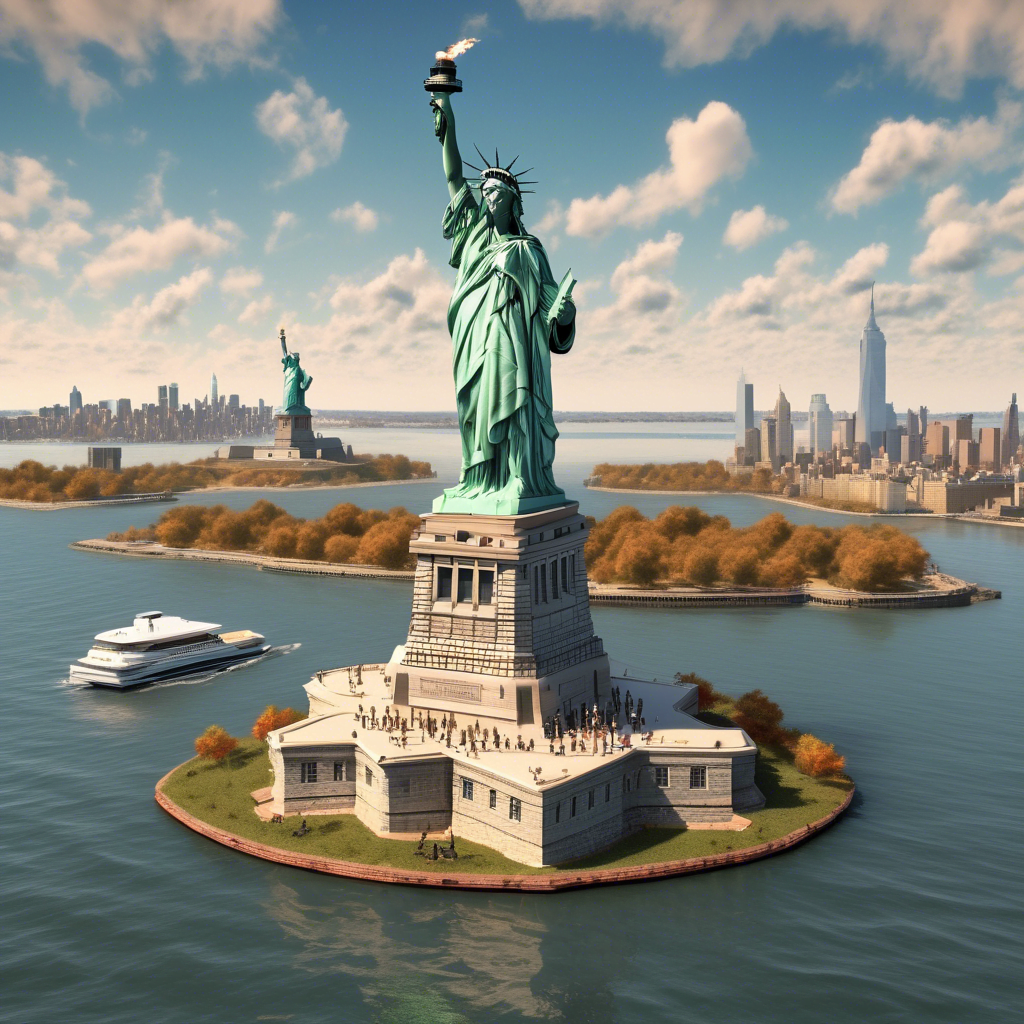
1. Introduction
France, located in Western Europe, holds a prominent place in the annals of history due to its rich cultural heritage, diverse landscapes, and significant global influence. Understanding the history of France is crucial for unraveling the complexities of European history and global affairs. This article aims to explore the captivating journey of France from its prehistoric origins to the Napoleonic era, highlighting key events and developments that have shaped the nation’s identity.
2. Prehistoric France
Early Human Settlement in the Region
The territory that is now known as France has a long history of human habitation, with evidence of settlements dating back to the Paleolithic era. Cave paintings in Lascaux and Chauvet depict the artistic prowess of early inhabitants. These prehistoric communities relied on hunting, gathering, and rudimentary agriculture for sustenance, laying the foundation for future civilizations.
Neolithic and Bronze Age Cultures
The Neolithic period witnessed the transition to sedentary lifestyles, the development of agriculture, and the emergence of megalithic structures like Carnac. Bronze Age societies thrived in present-day France, engaging in trade networks and crafting intricate metalwork. These advancements marked significant milestones in the cultural evolution of the region.
3. Roman Gaul (c. 5th century BCE – 5th century CE)
Roman Conquest and Establishment of Gaul as a Province
In the 1st century BCE, Julius Caesar’s conquest of Gaul brought the region under Roman control, leading to the assimilation of Celtic tribes into the Roman Empire. Gaul became a prosperous province, benefiting from Roman infrastructure, governance, and cultural influences. The Pax Romana brought stability and prosperity to the region.
Romanization of Gaulish Society
Roman rule transformed Gaulish society, introducing Latin as the official language, Roman law, and urbanization. The spread of Christianity in Gaul marked a significant shift in religious practices, setting the stage for the Christianization of the region in the following centuries.
Fall of the Roman Empire and the Transition to the Middle Ages
The decline of the Western Roman Empire in the 5th century ushered in a period of instability and invasions in Gaul. The Merovingian dynasty rose to power, laying the foundation for the medieval Frankish Kingdom and the dawn of the Middle Ages in France.
4. Medieval France (5th century – 15th century)
Frankish Kingdom and the Merovingian Dynasty
The Frankish Kingdom, under the Merovingian rulers, consolidated power in Gaul and established a decentralized feudal system. Clovis I’s conversion to Christianity marked the beginning of the Christian Frankish realm, setting the stage for Charlemagne’s Carolingian Empire.
Carolingian Empire and the Reign of Charlemagne
Charlemagne’s coronation as Emperor of the Romans in 800 CE signaled a revival of imperial power in Western Europe. The Carolingian Renaissance promoted learning, art, and religious reforms, solidifying Charlemagne’s legacy as a pivotal figure in European history.
Feudalism and the Rise of the Capetian Dynasty
The emergence of feudalism in medieval France led to a fragmented society with lords, vassals, and serfs. The Capetian dynasty, with Hugh Capet as its founder, laid the groundwork for centralized monarchy and the consolidation of royal authority in France.
Hundred Years’ War and the End of the Middle Ages
The Hundred Years’ War between France and England, spanning the 14th and 15th centuries, shaped the political landscape of medieval Europe. Joan of Arc’s heroic actions and the eventual French victory at Castillon marked the end of the conflict and the beginning of a new era for France.
5. Renaissance and Enlightenment (15th century – 18th century)
Cultural and Artistic Flourishing in France
The Renaissance period brought a renewed interest in art, literature, and humanism to France. The French court became a center of cultural patronage, fostering the talents of artists like Leonardo da Vinci, François Rabelais, and Michel de Montaigne.
Reformation and Religious Conflicts
The Protestant Reformation sparked religious tensions in France, leading to conflicts between Catholics and Protestants. The Wars of Religion in the 16th century tested the unity of the French kingdom and culminated in the Edict of Nantes, granting religious tolerance to Protestants.
Age of Absolutism Under Louis XIV
Louis XIV, known as the Sun King, ruled France with absolute authority, centralizing power in the monarchy and promoting French cultural supremacy. Versailles became the epitome of royal splendor and political control, setting a model for absolutist rule in Europe.
Enlightenment Ideas and the French Revolution
The Enlightenment era in France saw the rise of intellectual movements advocating for reason, liberty, and equality. Philosophers like Voltaire, Rousseau, and Montesquieu challenged traditional authority and laid the groundwork for the French Revolution of 1789, a watershed moment in French history.
6. French Revolution and Napoleonic Era (1789 – 1815)
Causes and Events of the French Revolution
The French Revolution was sparked by economic inequality, political grievances, and social unrest, culminating in the storming of the Bastille and the overthrow of the monarchy. The Declaration of the Rights of Man and the Citizen heralded a new era of revolutionary ideals and republican government.
Reign of Terror and the Rise of Napoleon Bonaparte
The radical phase of the Revolution, known as the Reign of Terror, saw mass executions and political upheaval as factions vied for power. Napoleon Bonaparte, a military genius, emerged as a prominent figure and eventually seized control, proclaiming himself Emperor of the French.
Napoleonic Wars and the Congress of Vienna
Napoleon’s military campaigns across Europe reshaped the political map and threatened the established order. The Napoleonic Wars, marked by conflicts with various coalitions, culminated in Napoleon’s defeat at Waterloo in 1815. The Congress of Vienna sought to restore stability and redraw borders in post-Napoleonic Europe.
7. Industrial Revolution and Modernization (19th century)
France, like many European nations, experienced a transformative period of industrialization and modernization in the 19th century that reshaped its economy, society, and political landscape.
Industrialization and Urbanization in France
The Industrial Revolution brought mechanization, urbanization, and economic growth to France. Industries such as textiles, steel, and coal mining flourished, leading to the rise of urban centers like Paris, Lyon, and Marseille. The development of railways and steam power revolutionized transportation and communication networks, fueling further industrial expansion.
Second French Empire and the Franco-Prussian War
Napoleon III’s Second French Empire sought to modernize France and assert its power on the global stage. However, the defeat in the Franco-Prussian War of 1870-1871 led to the collapse of the empire and the establishment of the Third Republic. The loss of Alsace-Lorraine to Germany fueled nationalistic sentiments and set the stage for future conflicts.
Third Republic and the Belle Époque
The Third Republic emerged from the ashes of the Franco-Prussian War, ushering in a period of stability and cultural flourishing known as the Belle Époque. France became a hub of artistic innovation, with movements like Impressionism and Art Nouveau leaving a lasting impact on the world of art and design. Technological advancements, social reforms, and colonial expansion characterized this era of optimism and progress.
8. World Wars and Interwar Period (20th century)
The turbulent 20th century witnessed two devastating world wars and profound social, political, and economic upheavals that shaped the course of French history.
World War I and its Impact on France
World War I, known as the Great War, brought unprecedented destruction and loss to France. The brutal trench warfare on the Western Front claimed countless lives and left scars on the nation’s psyche. The Treaty of Versailles in 1919, while ending the war, imposed heavy reparations on Germany and redrew borders in Europe, setting the stage for future conflicts.
Interwar Political Struggles and Economic Challenges
The interwar period was marked by political instability, economic hardships, and social unrest in France. The rise of far-right and far-left movements, labor strikes, and the Wall Street Crash of 1929 exacerbated the country’s woes. The Popular Front government’s attempts to address social inequality and labor rights faced resistance from conservative forces, foreshadowing the political divisions that would deepen in the years to come.
World War II and the Occupation of France
The outbreak of World War II in 1939 plunged France into another devastating conflict with Nazi Germany. The rapid German invasion in 1940 led to the fall of France and the establishment of the Vichy regime collaborating with the Nazis. The resistance movement, led by figures like Charles de Gaulle, fought bravely against occupation forces, paving the way for France’s liberation in 1944.
9. Post-World War II Era to Present
The post-World War II era witnessed a period of reconstruction, decolonization, and political transformation that shaped modern France and its role in the global arena.
Reconstruction and Decolonization
France embarked on a process of rebuilding its war-torn economy and society through ambitious reconstruction efforts. The Marshall Plan, European integration, and social reforms laid the foundation for France’s post-war recovery. Simultaneously, decolonization movements in Indochina and Algeria challenged France’s colonial legacy and led to the dismantling of its overseas empire.
Fifth Republic and the Leadership of Charles de Gaulle
The establishment of the Fifth Republic in 1958 under the leadership of Charles de Gaulle marked a turning point in French politics. De Gaulle’s vision of a strong, independent France and his pursuit of grandeur on the world stage reshaped the country’s foreign policy and domestic governance. His role in navigating decolonization and advocating for European unity solidified his place as a towering figure in French history.
European Integration and Contemporary Challenges
France played a pivotal role in the process of European integration, notably through its involvement in the creation of the European Coal and Steel Community and the Treaty of Rome that laid the foundation for the European Union. However, contemporary challenges such as globalization, terrorism, and migration have tested the resilience of the European project and France’s place within it.
10. Cultural and Social Developments
France’s cultural and social landscape has been a vibrant tapestry of creativity, innovation, and diversity that has left an indelible mark on global culture.
Literature, Art, and Architecture
French literature, from the works of Voltaire and Victor Hugo to existentialist writings of Sartre and Camus, has captivated audiences worldwide. Art movements like Cubism, Surrealism, and Post-Impressionism have revolutionized artistic expression, while architectural marvels like the Eiffel Tower and the Louvre Museum stand as testaments to France’s cultural legacy.
Impact of French Cinema and Fashion
French cinema, with auteurs like Truffaut, Godard, and Renoir, has been a pioneer in cinematic innovation, influencing filmmakers around the globe. The world of fashion, from haute couture houses like Chanel and Dior to streetwear brands like Yves Saint Laurent, has set trends and redefined style with Paris as the epicenter of global fashion.
Social Movements and Cultural Diversity
France has been a crucible of social movements advocating for equality, human rights, and environmental sustainability. From the May 1968 protests to contemporary movements for gender equality and racial justice, French society has been at the forefront of progressive change. The country’s rich cultural diversity, shaped by immigration and multiculturalism, has enriched its social fabric and contributed to its dynamic identity.
11. Conclusion
The history of France, from its prehistoric origins to the present day, is a testament to resilience, creativity, and adaptability in the face of challenges and transformations. As we reflect on the key historical events and developments that have shaped France’s journey, we recognize the enduring legacy of a nation that continues to inspire, innovate, and evolve in a rapidly changing world.




Leave a Reply